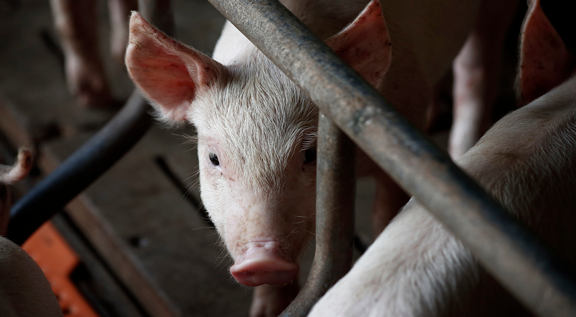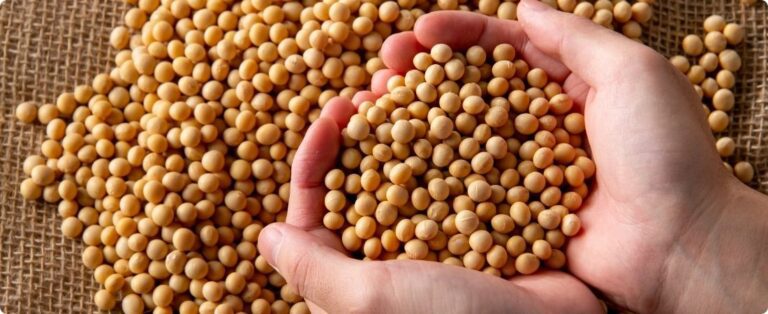
Image: Pixabay
Used as alternatives to antimicrobials, essential oils, probiotics, prebiotics and organic acids work to improve the immune system and intestinal health of animals.
To promote unique and integrated health between the environment, human beings and animals, the global animal protein production chain has sought to contribute through actions promoted by various professionals from different areas, to mitigate the risk presented by antimicrobial resistance (AMR) , which is the ability of a microorganism to resist the effects of a medication, which becomes ineffective, causing infections to persist. As a result, AMR represents a growing threat to global public health and requires action from all sectors of government and society.
{module Form RD}
As explained by the Brazilian Association of Pig Breeders (ABCS) previously, the study of bacterial resistance is complex. Infections caused by bacteria are often treated with inadequate antimicrobial therapy, increasing the chance of treatment failure and animal mortality. In animal production, the occurrence of antimicrobial resistance genes in the agricultural environment may be related to the inadequate use of antimicrobials, therefore, different nutritional approaches can minimize dependence on the use of antimicrobials, such as the use of eubiotics, food additives that play a role key in animal health, promoting a balanced microflora, improving the gastrointestinal tract, health status and performance. Among eubiotics, essential oils, probiotics, prebiotics and blends of organic acids stand out.
Essencial oils
Essential oils are natural bioactive compounds derived from plants. In animal health, they have been allies in food and nutrition, adding antimicrobial, anti-inflammatory, antioxidant and immunomodulatory effects to the feed. Oils that have carvacrol, thymol, cinnamaldehyde, citral and eugenol in their composition are mainly used, such as cinnamon, clove, bay, citronella, basil, oregano, thyme, rose, verbena, marjoram, lemongrass, lemon balm and jasmine. These components can be effective in increasing digestibility and immunity, and promote intestinal health by minimizing the effect of infectious bacteria and controlling odor and ammonia emission. Furthermore, in vitro studies indicate that essential oils increase the pool of “good bacteria” and decrease “bad bacteria” in piglets.
Probiotics
Just like humans, animals also benefit from the use of probiotics, “good bacteria” capable of colonizing and modulating the intestinal microbiota without causing harm, improving its functioning. In human health, we immediately think of the most famous brands of fermented milk, or even kefir and kombucha, which have gained many fans in recent years. In animal health, the most important are Lactobacillus, Bifidobacterium and Enterococcus, as they bring benefits to suckling piglets and also in the post-weaning period, while Bacillus subtilis present more effective results in the intestinal colonization of animals in the subsequent phases.
Prebiotics
Prebiotics are non-digestible oligosaccharides (carbohydrates) that stimulate the growth and/or activity of “good bacteria” in the intestine, modulate the immune response and promote the adsorption of some mycotoxins (toxic substances produced by fungi). Its use in swine farming occurs in reproductive, nursery and finishing diets, with yeasts and their components being the main representatives of this category.
Organic acid blends
Blends of organic acids have the ability to acidify the environment and reduce gastric pH, resulting in increased proteolytic enzymatic activity and improved nutrient digestibility, and are also used to modulate the intestinal flora of the reproductive herd and reduce the excretion of pathogenic agents. by sows and consequently the contamination of piglets, in addition to minimizing the occurrence of genital and urinary infections in sows, improving the performance of nursery animals, minimizing the occurrence of intestinal problems at finishing, and controlling and preventing bacterial infections.
Source: Notícias Agrícolas















